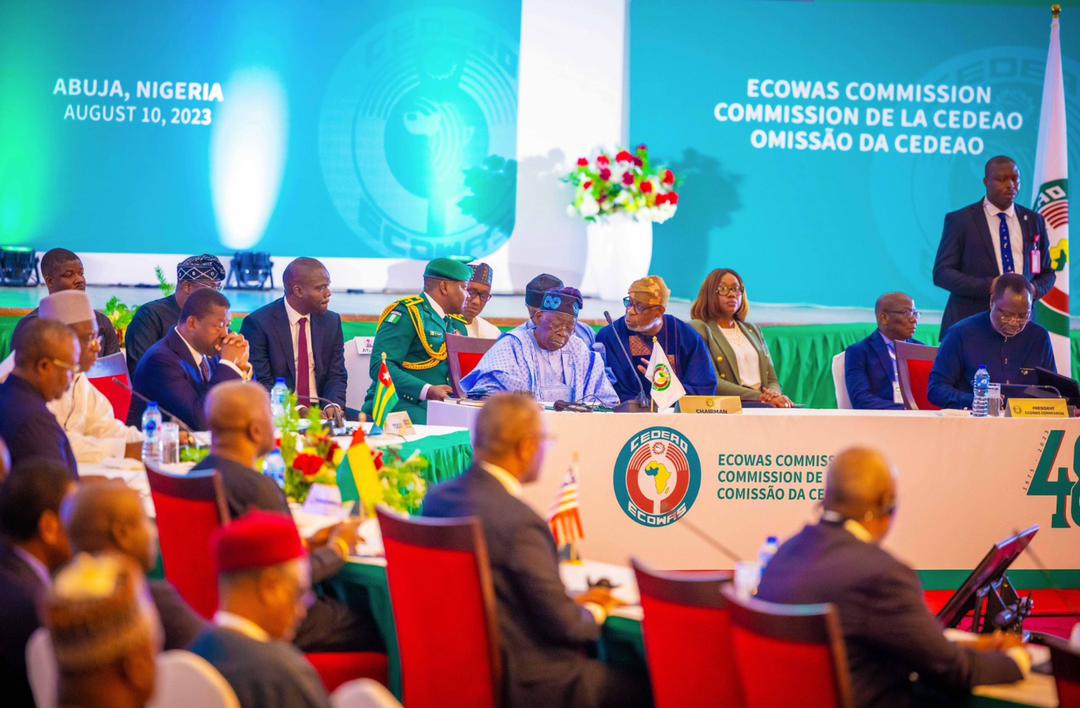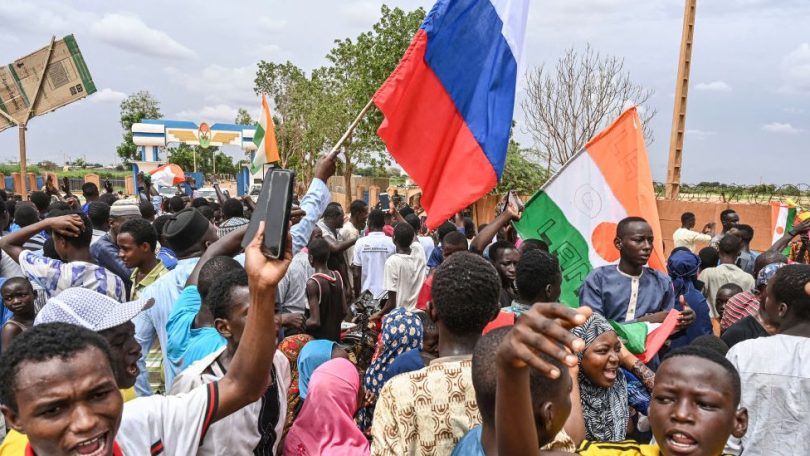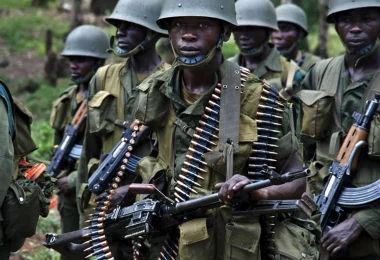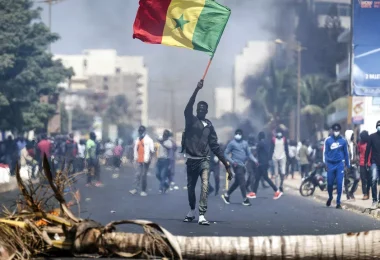In a significant turn of events, Mali, Burkina Faso, and Niger have declared their immediate withdrawal from the Economic Community of West African States (ECOWAS). This decision comes amidst allegations by these nations that ECOWAS, under the influence of external powers, has deviated from its founding principles and failed to support them in critical areas such as counter-terrorism.
The military regimes of these three nations, in a joint statement broadcast on state television, expressed their dissatisfaction with ECOWAS, alleging that it has strayed from the ideals of its founding fathers and the principles of Pan-Africanism. They accused ECOWAS of being under foreign influence and imposing sanctions they deemed “illegal, illegitimate, inhumane, and irresponsible.” These sanctions were in response to the military coups that occurred in Mali in 2020 and 2021, Burkina Faso in 2022, and Niger in 2023.
ECOWAS, in response, stated that it had not received any formal notification of withdrawal from the three countries, emphasizing that the process of withdrawal could take up to a year as per its protocols. The organization reaffirmed its commitment to finding a negotiated solution, underlining the importance of these countries to the community.

Ecowas head of states, convened in Abuja, Nigeria
The move by Mali, Burkina Faso, and Niger to exit ECOWAS comes amid rising geopolitical shifts in the region. The three nations have formed a security alliance and cut military ties with France, turning to Russia for support. This decision is seen as a challenge to ECOWAS’s effectiveness and its ability to address economic, political, and security challenges in the region. There are growing concerns about the spread of conflicts southward to other West African states.
The departure of these nations from ECOWAS, which was established in 1975 to promote economic integration among its member states, marks a significant shift in the regional political landscape. The situation reflects the complex dynamics at play in West Africa and underscores the need for a delicate balance between regional cooperation and national sovereignty.
Analysts view this development as indicative of diminishing influence of traditional powers in West Africa, namely France and Nigeria. The situation is further compounded by the recent French military withdrawal from the Sahel region, raising concerns over the spread of conflicts to the Gulf of Guinea states.







